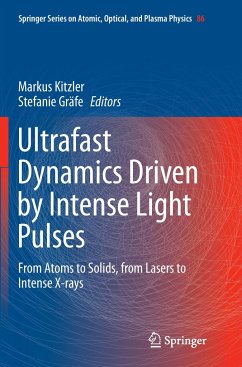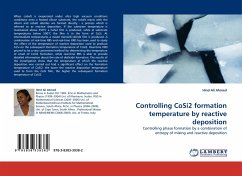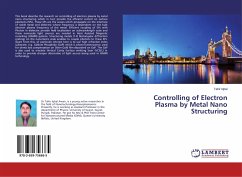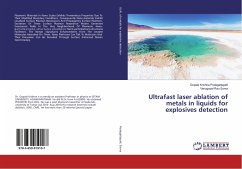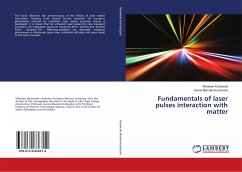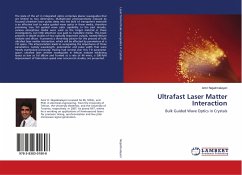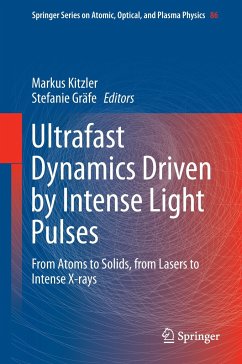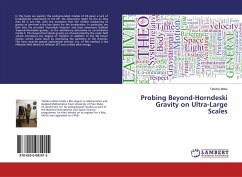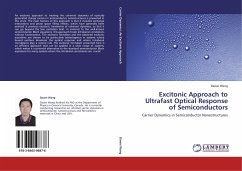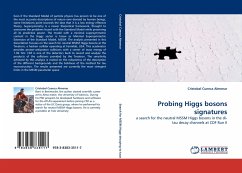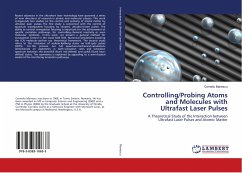
Controlling/Probing Atoms and Molecules with Ultrafast Laser Pulses
A Theoretical Study of the Interaction between Ultrafast Laser Pulses and Atomic Matter
Versandkostenfrei!
Versandfertig in 6-10 Tagen
45,99 €
inkl. MwSt.

PAYBACK Punkte
23 °P sammeln!
Recent advances in the ultrashort laser technology have spawned a series of new directions of research in atomic and molecular physics. This work compounds two studies on the control and probing of atomic matter by ultrafast laser pulses. The first study is concerned with the control of quantum wavepackets focusing by chirped, ultrashort laser pulses. The ability to control wavepacket focusing is important for the achievement of specific excitation pathways, for controlling chemical reactivity or even molecular synthesis. In this work, we present a general method for wavepacket control in the ...
Recent advances in the ultrashort laser technology have spawned a series of new directions of research in atomic and molecular physics. This work compounds two studies on the control and probing of atomic matter by ultrafast laser pulses. The first study is concerned with the control of quantum wavepackets focusing by chirped, ultrashort laser pulses. The ability to control wavepacket focusing is important for the achievement of specific excitation pathways, for controlling chemical reactivity or even molecular synthesis. In this work, we present a general method for wavepacket control in the weak field limit. Numerical simulations involving the ICN molecule confirm our theoretical framework. The second study refers to the ionization of sodium Rydberg states via half-cycle pulses (HCPs). For this process, our full quantum-mechanical calculations demonstrate an asymmetry in both ionization rates and ionization spectrum between the downhill (Stark red-shifted) and uphill (Stark blue- shifted) states. The asymmetry is explained by appealing to a semi-classical model of the interfering ionization pathways.



